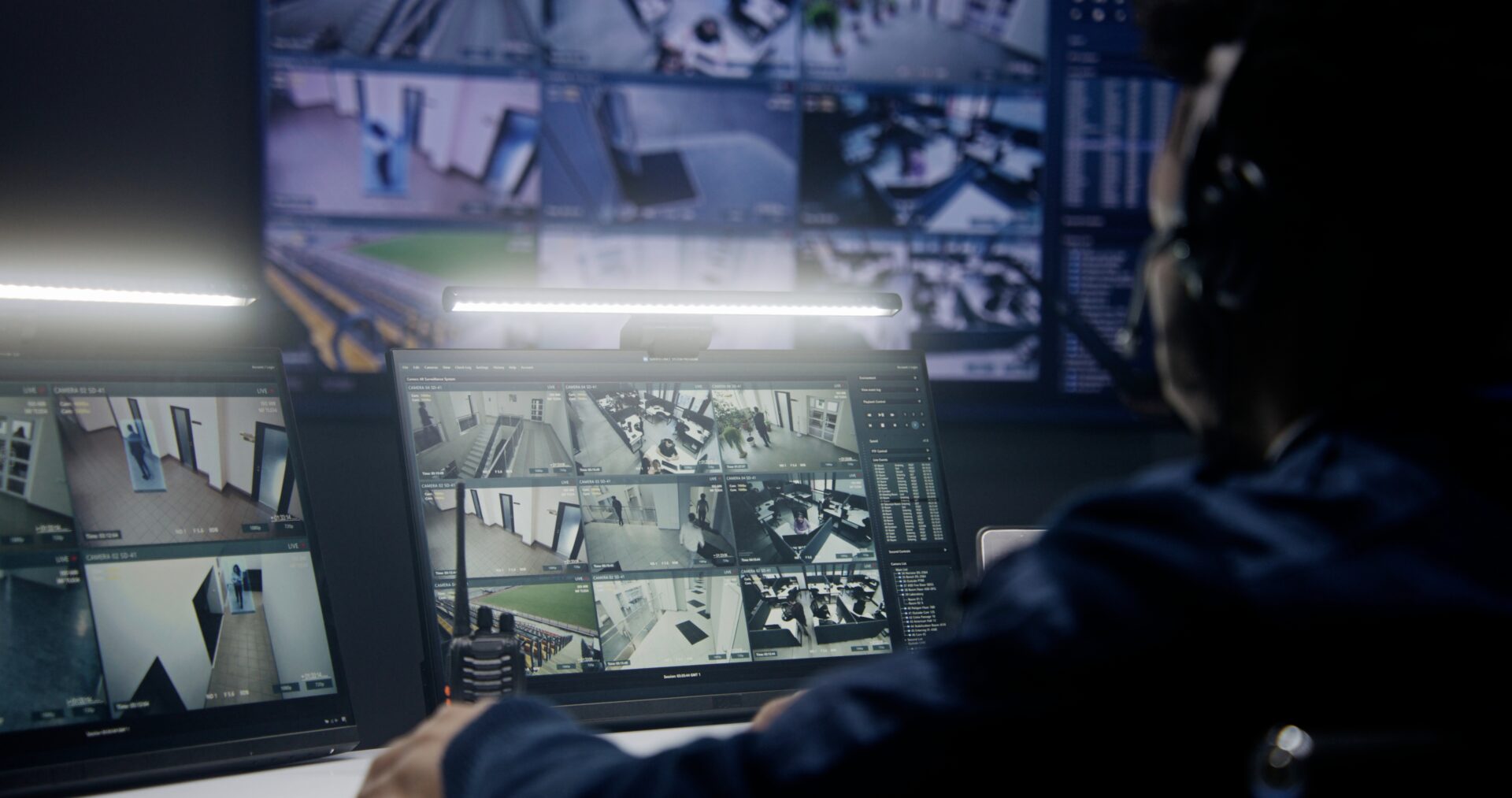
AI TRACKS DOWN Hit-and-Run Suspect!
Nagpur police arrested a hit-and-run suspect within 24 hours after deploying AI-driven surveillance tools to analyze viral video footage of a man carrying his deceased wife on a motorcycle.
At a Glance
- Viral video of grieving husband sparked widespread outrage in India
- Police used AI-MARVEL software to analyze CCTV footage
- Suspect identified and arrested within 24 hours of incident
- Authorities say AI improved speed and accuracy of investigation
Viral Outcry and Police Response
The incident unfolded after a hit-and-run accident in Nagpur, Maharashtra, left a woman fatally injured. Her husband, unable to secure immediate help, transported her lifeless body on a motorcycle, a scene that was captured and widely circulated online. Public reaction to the video was swift, prompting police to intensify efforts to find the driver responsible.
Watch now: Nagpur News | Man Carries Dead Wife On Bike After Cry For Help
Nagpur police turned to AI-MARVEL, a surveillance technology tool capable of processing hours of CCTV footage in a fraction of the time required by human investigators. By mapping vehicle trajectories and cross-referencing multiple camera angles, the system narrowed down potential matches and quickly identified the suspect vehicle.
Technology in Action
According to officials, AI-MARVEL utilized advanced pattern recognition to track the suspect’s vehicle across a network of cameras in the city. This capability allowed police to trace the driver’s movements after the incident and ultimately locate him. Within a day, authorities arrested the suspect, marking one of the first high-profile cases in India where AI technology directly facilitated a criminal arrest.
Police stated that the use of AI significantly reduced investigative delays that often occur in manual CCTV reviews. Traditionally, officers would have to sift through hours of footage, a process that can take days. With AI assistance, the system quickly flagged relevant clips and matched them against a citywide database of vehicle records.
Ethical and Practical Questions
While the successful arrest was praised, the case has also raised broader questions about AI surveillance in policing. Privacy advocates note that expanding AI systems across cities may erode personal freedoms if left unchecked. Concerns have been voiced about potential misuse, algorithmic bias, and whether sufficient legal safeguards are in place.
On the other hand, police officials argue that the case demonstrates the practical benefits of emerging technologies in ensuring timely justice. They maintain that with India’s growing urban populations and rising traffic-related offenses, AI-assisted surveillance can enhance public safety while easing pressure on law enforcement personnel.
The Nagpur case now stands as an example of how technology can be deployed to address urgent investigations, but it also highlights the need for ongoing debates about responsible use of surveillance tools in democratic societies.
Sources
Hindustan Times
The Indian Express
Times of India


